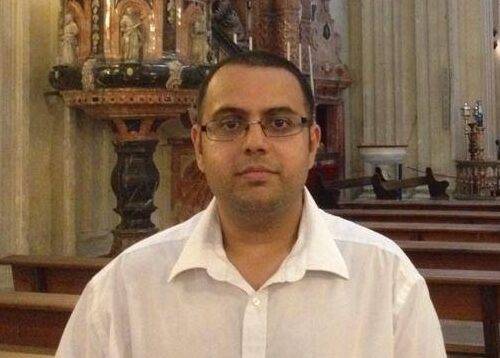Arzoo Osanloo’s Forgiveness Work: Mercy, Law and Victims’ Rights in Iran takes us through a little discussed feature of the Iranian legal system, which has implications beyond the country itself. The system looks peculiar to outsiders; human rights reports paint a harrowing picture of justice within the Islamic Republic and while such reports are no doubt true, there is more to how justice is served, or not, than we usually hear about.
This book takes an anthropological look at two central concepts that characterise the state’s, and its society’s, approach to murder: forbearance and retribution. Under Iranian law, murder is regarded as a “private crime” against the victim’s family, unlike most western legal norms where it is a crime against the state. In Iran, therefore, the victim’s family can decide what punishment is meted out. This victim-centric approach comes from Islamic law and is known as “qisas”. This often means the death penalty for the murderer, but the victim’s family is encouraged to forgive and accept financial compensation from him or her, an act known as “gozasht” (forbearance).
Osanloo pieces together the ethical, legal, procedural, performative and sociological applications of these two concepts. She visits courts, judges, lawyers, defendants, victims and social workers to give us a 360-degree view of the process.
Forbearance is both officially encouraged and deep-rooted in Iranian culture. However, its personal nature has created legal regulatory issues and gaps in the written law, as Osanloo observes: “In the four decades of Islamic governance in Iran, a cottage industry has emerged that fills the regulatory void produced by the forbearance provisions in the penal code. This industry is shaped by secular and religious persons, government officials, quasi-state entities, like the Bassij, as well as anti-death penalty activists…”
Not unlike traditionally “customary” laws practised in Muslim societies of the past, courts will often improvise ways to facilitate forgiveness and the forgoing of punishment while making sure that the victims’ families feel that they are getting justice in the absence of clearly written laws. Gender plays a huge role, as mothers are often regarded as representing the families of both the victim and perpetrator, and so in most cases it is the mother’s decision either to forgive or seek retribution. Judges will often plead with the mother of the victim to show clemency and draw upon religious and cultural notions of forgiveness.
The Hundred Years’ War on Palestine: A History of Settler Colonialism and Resistance
Courts are not the only legal arena for this process, and a major role in encouraging forgiveness is played by activists and social workers, who will often mediate between families. The discourse employed by activists goes beyond legal rights and often focuses on wider cultural ethics, as one social worker told Osanloo: “When we talk about rights, we are referencing individuals, but it seems to take them out of the context of their social lives, their problems, and what led to the incident. If we talk instead about how the mother of the victim lost a child and, if she purses retaliation, that will be another mother who loses a child, we address the humanity of the other person. For us, this seems to be more persuasive because it shows that this mother has something in common with the other mother.”
While challenging us to think about the impact of these concepts on Iranian society, the author is also opening the door to a critical examination of how other legal systems approach the issue of victims’ rights. This moves us beyond the narrow paradigm that we are accustomed to when thinking about justice in Iran.
“I have aimed to show that the system, while undoubtedly based on the Qur’anic verses, ahadith, and stories of Imam Ali, nonetheless takes shape through and alongside other cultural histories, patterns, practises and politics; the system reveals complexity that is neither fixed nor finished.”
The value of Arzoo Osanloo’s book lies in improving our understanding of the legal system and the nuances of Iranian criminal law. The object is not to deny the very real human rights abuses and inequalities of the Iranian system; at no point does she do this. Indeed, she makes frequent references to it, and gets us to think about the ways in which the state, the law and society can and do work within Iran. She also makes us ask if we can learn from the Iranian experience, and if mercy and forgiveness could be applied elsewhere. The book is an invitation to grasp such notions and their functionality.









